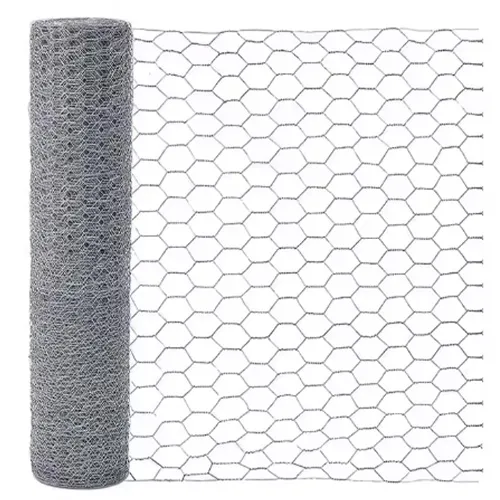-
 Phone:
Phone: -
 Email:
Email:

concrete tie wire
Understanding Concrete Tie Wire An Essential Component in Construction
In the realm of construction, every element matters, and among them, concrete tie wire plays a pivotal role that is often overlooked. Concrete tie wire, a specifically designed wire used to secure and support various components within concrete structures, is essential for ensuring the integrity and stability of a construction project. Whether you're a seasoned contractor or a DIY enthusiast, understanding the significance of concrete tie wire can greatly influence the quality and durability of your work.
What is Concrete Tie Wire?
Concrete tie wire is typically made from steel and is available in various gauges, providing the necessary strength and flexibility required for different applications. It comes in coils and can be easily cut to the desired length, making it convenient for use in various project scales. The primary function of this wire is to hold reinforcing steel bars (rebar) together during the pouring of concrete, ensuring that the rebar remains in the correct position as the concrete sets.
Applications of Concrete Tie Wire
Concrete tie wire is used in a variety of construction applications. It's particularly beneficial in reinforced concrete structures, such as foundations, walls, and slabs. By tying rebar together, the wire helps distribute loads evenly throughout the concrete, which enhances the overall structural integrity. Additionally, tie wire is utilized in other aspects of construction, such as securing fencing, anchoring meshes in place, and even for crafts and artistic constructions.
Benefits of Using Concrete Tie Wire
1. Enhanced Strength and Stability Using tie wire to hold rebar in place ensures that the rebar framework maintains its intended shape and position. This is crucial for the concrete to achieve its maximum strength and durability once it cures.
concrete tie wire

2. Cost-Effective Cheap and readily available, concrete tie wire provides an economical solution for securing rebar and other structural elements. Its affordability does not compromise quality, making it a smart choice for both large-scale and small projects.
3. Ease of Use Concrete tie wire is user-friendly. Its lightweight nature and malleability allow for easy manipulation and fastening, making it an indispensable tool for construction workers. Whether manually tying the wire or using a tie wire twister tool, the process is straightforward and efficient.
4. Corrosion Resistance Many types of concrete tie wire are coated to resist rust and corrosion. This is particularly important in construction projects where the concrete is exposed to moisture, ensuring that the wire remains effective over time without risking deterioration.
Best Practices for Using Concrete Tie Wire
When using concrete tie wire, several best practices can enhance its effectiveness. First, always ensure that the wire is tightly secured to avoid any movement of the rebar once the concrete is poured. Second, if using coated wire, verify that the coating is intact and undamaged to maintain its corrosion resistance. Lastly, regularly inspect the tied areas during the construction process to ensure no slippage occurs, as this can lead to structural weaknesses.
Conclusion
Concrete tie wire may seem like a small aspect of construction, yet its importance cannot be overstated. By providing support and stability to reinforced concrete structures, it plays a crucial role in ensuring the safety and longevity of buildings and infrastructure. As the construction industry continues to evolve with new materials and techniques, concrete tie wire will remain a foundational element, bridging the gap between basic materials and robust structures. For anyone involved in construction or DIY projects, investing time in understanding and utilizing concrete tie wire will undoubtedly yield significant benefits in the quality of their work.
-
Wire Mesh for Every Need: A Practical SolutionNewsJul.25,2025
-
Steel Fences: Durable, Secure, and Stylish OptionsNewsJul.25,2025
-
Roll Top Fencing: A Smart Solution for Safety and SecurityNewsJul.25,2025
-
Cattle Farm Fencing Solutions for Maximum SecurityNewsJul.25,2025
-
Affordable Iron Binding Wire SolutionsNewsJul.25,2025
-
Affordable Galvanized Wire SolutionsNewsJul.25,2025
-
Wire Hanger Recycling IdeasNewsJul.25,2025








